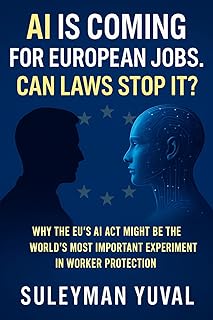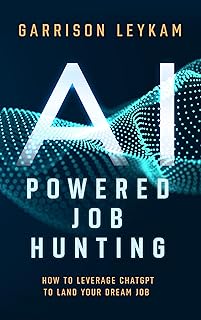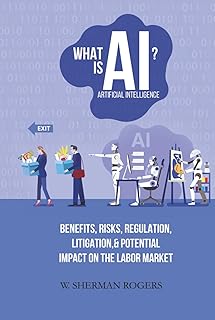As artificial intelligence (AI) adoption accelerates in Australia, concerns have been raised about the impact on jobs. Experts are divided on whether AI will lead to job losses or enhance productivity. The federal government faces calls to regulate AI to protect workers from potential job displacement.
The extent of job losses in Australia due to AI advancements remains unclear. While some industries have experienced high-profile redundancies linked to AI, companies like Telstra, NAB, and Westpac have not explicitly attributed layoffs to AI technology. Despite this, AI’s influence in Australia is growing, with an estimated 30,000 people currently employed in the AI sector.
Recent job cuts at major companies, including Microsoft and Atlassian, have raised concerns about the impact of AI on the workforce. Workers like Kathryn Sullivan and Dhanushi Jayatileka, who lost their jobs at CBA due to AI-related changes, have highlighted the real consequences of technological advancements in the workplace.
Estimates vary on the number of jobs AI could replace in the future, with predictions suggesting significant changes in the job market. While some experts warn of potential job losses, others believe that AI will create new opportunities, especially in sectors like health, education, care, and construction that are less susceptible to automation.
AI is poised to become a key player in the Australian economy, reshaping the workforce and job market dynamics. While AI may not lead to mass unemployment, it is expected to transform how people work and the nature of job roles, emphasizing the need for workers to adapt to evolving job requirements.
Experts stress the importance of regulating AI to mitigate potential risks and ensure worker protection. Australia is urged to implement measures similar to the European Union’s AI Act, which prioritizes worker consultation, job security, and transparency in AI implementation. The Australian Council of Trade Unions advocates for robust regulations to safeguard workers’ rights in the face of AI-driven changes.
As AI continues to influence various industries, experts emphasize the need for collaborative efforts between workers, unions, and policymakers to shape the responsible use of AI in the workplace. The evolving job landscape requires proactive measures to address the challenges and opportunities presented by AI technology.
While AI’s impact on the job market is inevitable, experts believe that a balanced approach that considers worker input and safeguards their rights is crucial for navigating the evolving relationship between AI and employment.
📰 Related Articles
- UniSA’s Impact on Australian Professional Services Sector Revealed
- Trump’s Foreign Student Policies Impact Australian Education Landscape
- Television’s Impact on Australian Arts: A Cultural Renaissance Unveiled
- Sports Betting’s Impact on Australian Culture and Society
- Russo Brothers Discuss AI’s Impact on Entertainment Industry






